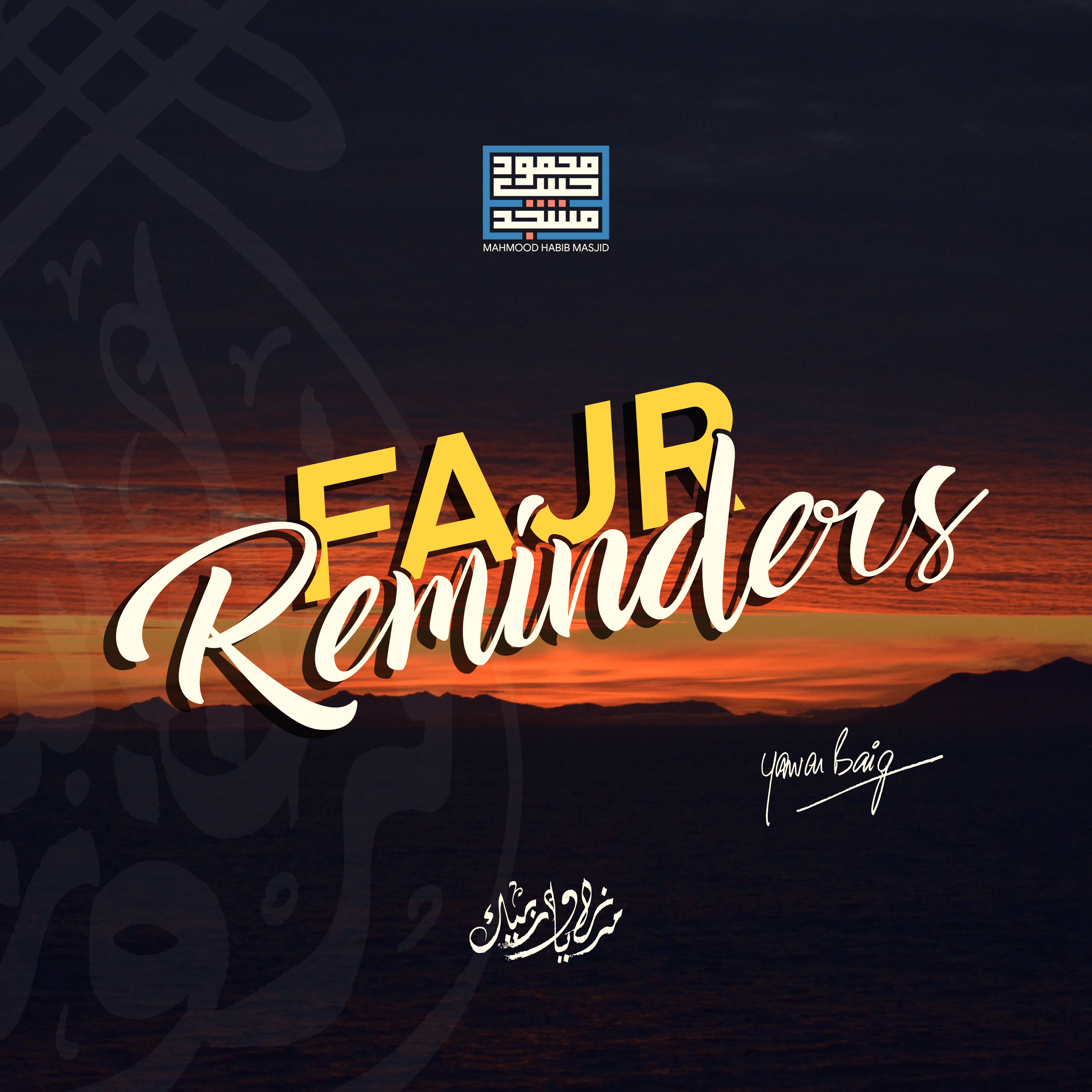Oct 26 2024 27 mins 3
We are living through difficult times. Some of us are directly in difficulty. Others are watching difficult things happen to those they love. To truly understand hardship and relief, we must understand the source of both and that is Allahﷻ. Who is Allahﷻ and what does He want for us? Nobody can introduce Allahﷻ better than He introduced Himself. He said:
Baqara 2: 255 Allah! There is no god ˹worthy of worship˺ except Him, the Ever-Living, All-Sustaining. Neither drowsiness nor sleep overtakes Him. To Him belong whatever is in the heavens and whatever is the earth. Who could possibly intercede with Him without His permission? He ˹fully˺ knows what is ahead of them and what is behind them, but no one can grasp any of His knowledge—except what He wills ˹to reveal˺. His Seat encompasses the heavens and the earth, and the preservation of both does not tire Him. For He is the Most High, the Greatest.
Hashr 59: 22-24 He is Allah—there is no god ˹worthy of worship˺ except Him: Knower of the seen and unseen. He is the Most Compassionate, Most Merciful. He is Allah—there is no god except Him: the King, the Most Holy, the All-Perfect, the Source of Serenity, the Watcher ˹of all˺, the Almighty, the Supreme in Might, the Majestic. Glorified is Allah far above what they associate with Him ˹in worship˺! He is Allah: the Creator, the Inventor, the Shaper. He ˹alone˺ has the Most Beautiful Names. Whatever is in the heavens and the earth ˹constantly˺ glorifies Him. And He is the Almighty, All-Wise.
Ikhlaas 112: 1-4 Say, ˹O Prophet,˺ “He is Allah—One ˹and Indivisible˺; Allah—the Sustainer ˹needed by all˺. He has never had offspring, nor was He born. (And there is none comparable to Him.”)
About what He wants for us, He said in the Ayaat related to fasting:
يُرِيدُ ٱللَّهُ بِكُمُ ٱلْيُسْرَ وَلَا يُرِيدُ بِكُمُ ٱلْعُسْرَ
Baqara 2:185 Allah intends ease for you, not hardship,
So, why then are there trails and hardships in life? To understand this, we must understand that in life, appearance is deceptive. Many times, behind the apparently negative, great positivity is hidden. We know that one of the most severe if not the most severe pain that a human being can suffer is the pain of childbirth. Why then do women have children? Not only have them, but want them, pray to have them and go to all sorts of lengths for children? Because when the mother holds her baby in her arms, she forgets the pain.
The Qur’an tell us story after story of the Anbiya (Prophets) who faced not just hardships but each apparently total and terminal yet were victorious. Only when you know the whole story can you see the pattern and sequence, where the hardship and danger were signs that Allahﷻ was in control and that whatever was happening was according to His plan. Allahﷻ told us the story of Yusuf (AS) in the well and slavery and jail. Ibrahim (AS) in the catapult, Rasoolullahﷺ in Ta'aif, Musa (AS) between the sea and Pharaoh's army and others. And we know how each of those stories ended.
The Qur’an tells us stories not for entertainment or history lessons, but as a means of interpreting the events of our own lives. So, let us see today's scenes of apparent difficulties and disasters in this light. We're influenced by the apparent and the immediate and don't remember that it's part of a sequence. It's like the electrician cleaning the copper wire and rubbing it and scraping it so that current can flow through it properly. It's the pain of weightlifting, or hard aerobic exercise but without that a good looking and functioning body is impossible. The lesson is that no matter what the difficulty, no matter what the apparent loss, if it takes me to Jannah,
